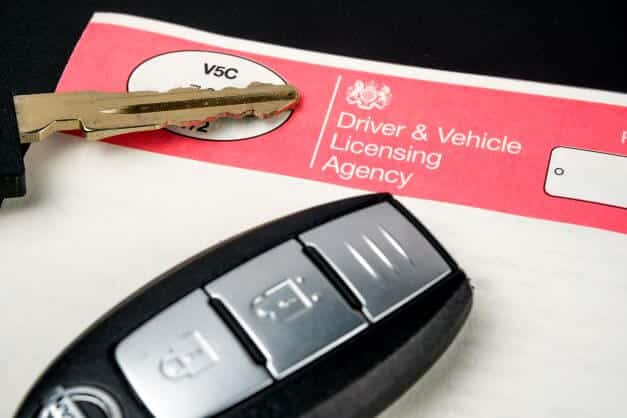
Contents
Last Updated on 8th March 2024
When deciding to buy a car, there’s always the argument of whether you should opt for a brand-new model or a used vehicle. More often than not, we will typically go for a pre-loved car with a less-hefty price tag.
Regardless of whether your negotiation skills are your strong point, there is always scope for reducing the price, and you have nothing to lose. Here, we will discuss some of the ways you can ensure you get your used car for the best possible price and what features you should pay close attention to.
Assess the history of the car
Given the car you are looking at is older than three years, you can view its MOT history online, with the relevant details provided for each test. Advisory notes outline any issues that aren’t significant enough to lead to failure but may become a larger problem in the future – this will need to be sorted by you once ownership has been transferred.
Newer cars tend to have their history online, which can make checking this more troublesome. In these instances, you can call the dealership that conducted the maintenance work, and they should be able to provide you with the full record.

Areas to negotiate on
Sellers will often try to get the best possible price they can, so it’s important that you give the car a thorough check over for any imperfections, such as scratches and dents. Cosmetic damage is relatively easy to pick up on, however, internal defects can be harder to detect.
If you are unsure yourself, ask a friend or family member who has knowledge of cars to assess the vehicle’s engine, suspension, transmission and components. Regardless of the size or extent of the faults, they are factors that can greatly reduce the price of the vehicle – it is likely the seller will reduce the cost in these situations if you can point them out.
Decide on a model
Certain models that are usually higher in demand will typically depreciate at a lower rate, and an important part of choosing the right car to buy. However, they will command a higher price than other models on the used car market. It is best to keep an open mind and consider going for an unfashionable type of vehicle or a lesser well-known brand to help you achieve a better price.
Be cautious of cars marketed as luxury vehicles at a reasonable price – these will likely require high maintenance and servicing costs and will normally run into more problems as they age.
Engine size can also be economically beneficial in the long term. For example, used models with an engine size of 1.5-litre and smaller, like the Vauxhall Corsa, expend less petrol and so are more fuel efficient than larger engines – this can also reduce your insurance premiums.
Check the market
Always conduct extensive research when buying a vehicle; the same car will always differ in price depending on where you look and can even be more expensive in different areas of the country. There is also the difficult choice of deciding on a make and model. There are sites that help you to find out the value of the car you are hoping to buy, which is useful for finding out the maximum price you should expect to pay.
Choose a reliable seller
A cheap sale can seem good in the short term, but then you find out the car needs to be serviced and has high repair costs – if it seems too good to be true, it likely is. When buying a car from a private sale or auction, you are more likely to find vehicles at a lower price, although this runs the risk of post-sale problems.
Do your research and consider purchasing from a reliable dealer with a good reputation.



































